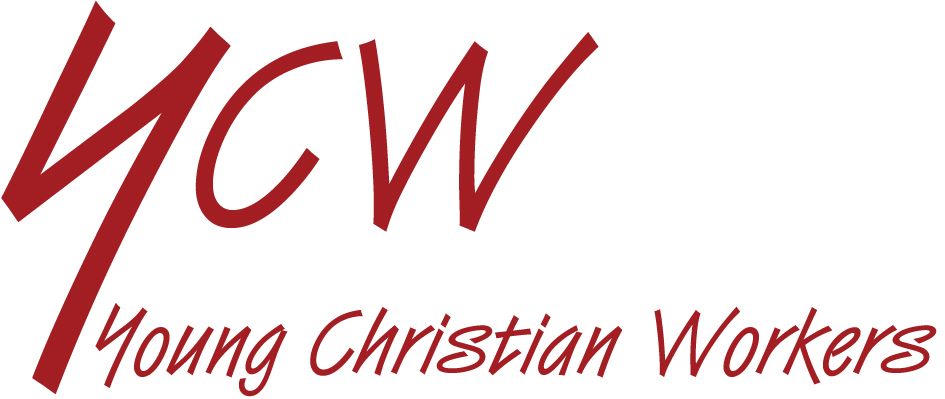Today, we see that the world of work is becoming progressively worse , the denial of rights at work, the deterioration of democracy, the violation of human rights, and social justice, the rejection of pluralism, the elimination of secularism, the promotion of political hatred and fundamentalism.
The International Labour Organization (ILO) has recently adopted the concept of the effectiveness of “social protection for everyone” as strategic objective, focussing on income security with an emphasis on the poorest. This requires identifying the profitable and equitable means by which social protection can be spread to all groups. And it is necessary to focus on providing social protection to the informal sector. The vision of “decent work” sums up the aspirations of people in their working lives. It implies opportunities for productive work by providing a fair income. It requires security in the workplace and social protection for families, through better prospects of personal development and social integration. It requires freedom so that people can express their concerns, organise themselves and participate in decisions that affect their lives and the equality of opportunities and treatment for all women and men. In November 2018, the ILO said that 31% of Indian workers worked in unhealthy conditions, while around 41% are poorly paid, placing India 19th out of 22nd countries of the Asian region.
Sustainable growth requires good health, nutrition and education. This can promote the transition from low-productivity and livelihood activities to decent and highly productive work, and from the informal to formal economy. An adequate social security promotes investment in human capital as for employers as for workers. It also enables to workers to adopt to change and makes easier fair and inclusive structural changes. As effective automatic stabilizer in times of crisis, the social security helps to mitigate the economic and social impact of economic downturns, to generate resilience and to accelerate the general growth recovery. We can learn a lot from the experience of developing or developed countries in spreading the coverage of contributory social security schemes to workers in informal economy.
World Bank has warned that COVID-19 has been creating a new generation of poverty and unease by debt, and IMF has said that developing countries ran the risk of going back a decade. The virus has enlarged the income or wealth gaps based on class, race and gender. Women has been affected, but also because they had to take on great part of additional burden of childcare when the schools closed. In some countries, women’s participation in working population has decreased to its lowest level since mid-80s.
In order to progress the comprehensive laws of social protection, it is necessary to ensure a minimum social protection net for all workers, regardless of wage, enterprise size and place of origin. Basically, it must be based on participatory democracy principles, inclusion, dignity, equity, equality, accountability and transparency. Factors such as social spending, progressive taxation and the functioning of labour rights must be the essential indicators to measure the government commitment to promoting the equity and reducing inequalities. Because governments have a key role to perform on creating an adequate environment in order to happen. In all aspects, worker organisations and trade unions must also fight for universal social justice and a humanist approach of political economies.
Message written by Movement of Christian Workers from India
WORLD MOVEMENT OF CHRISTIAN WORKERS










